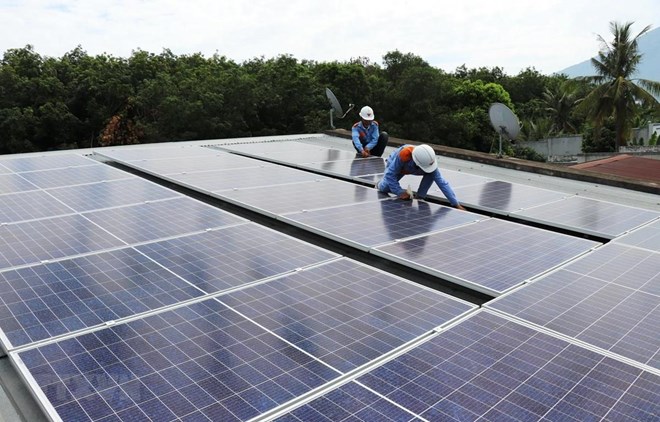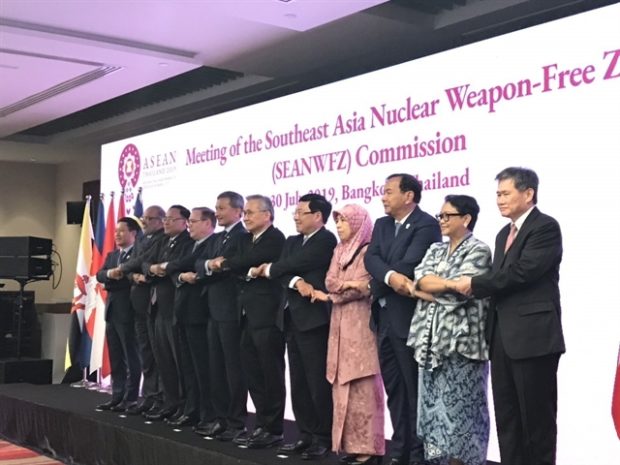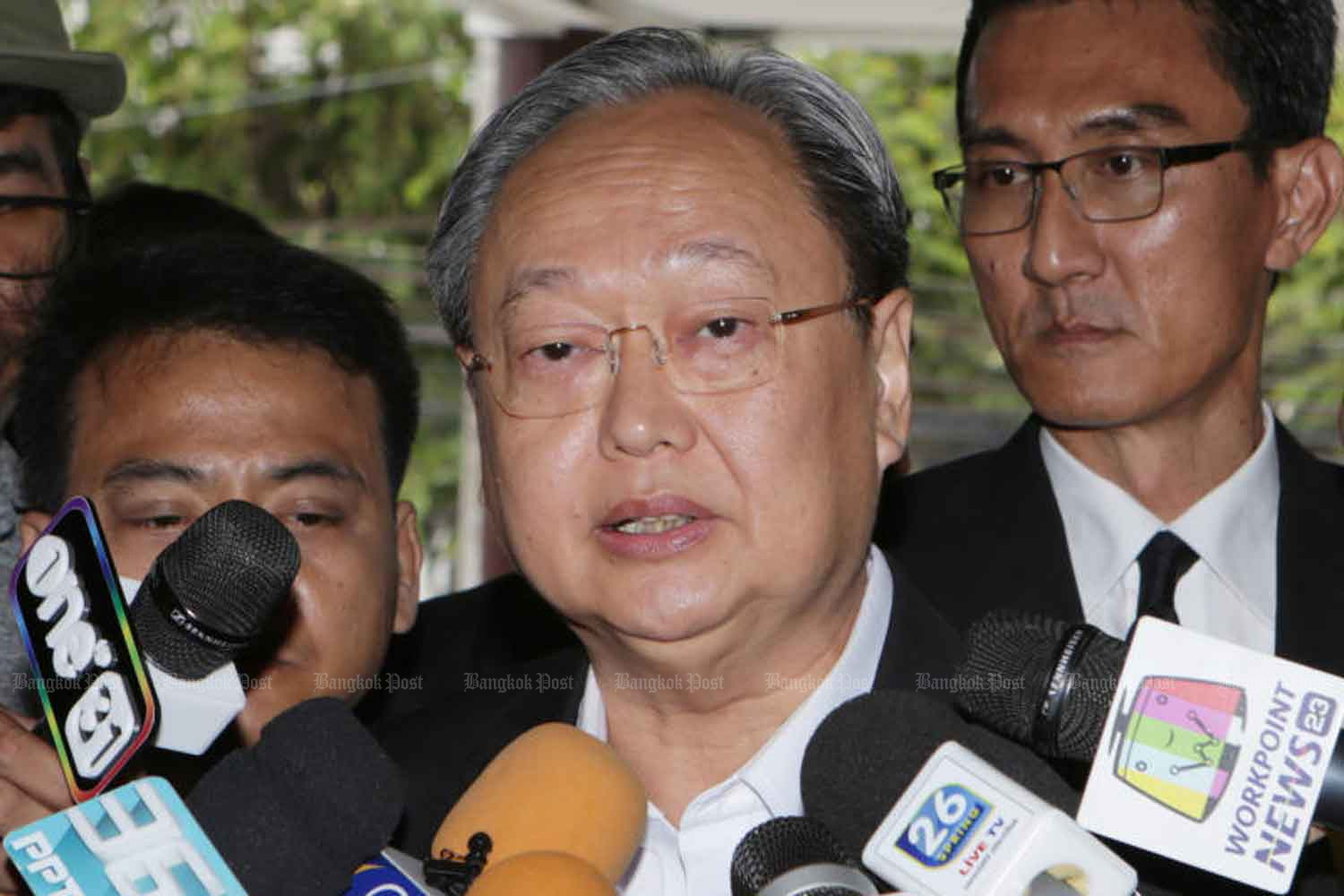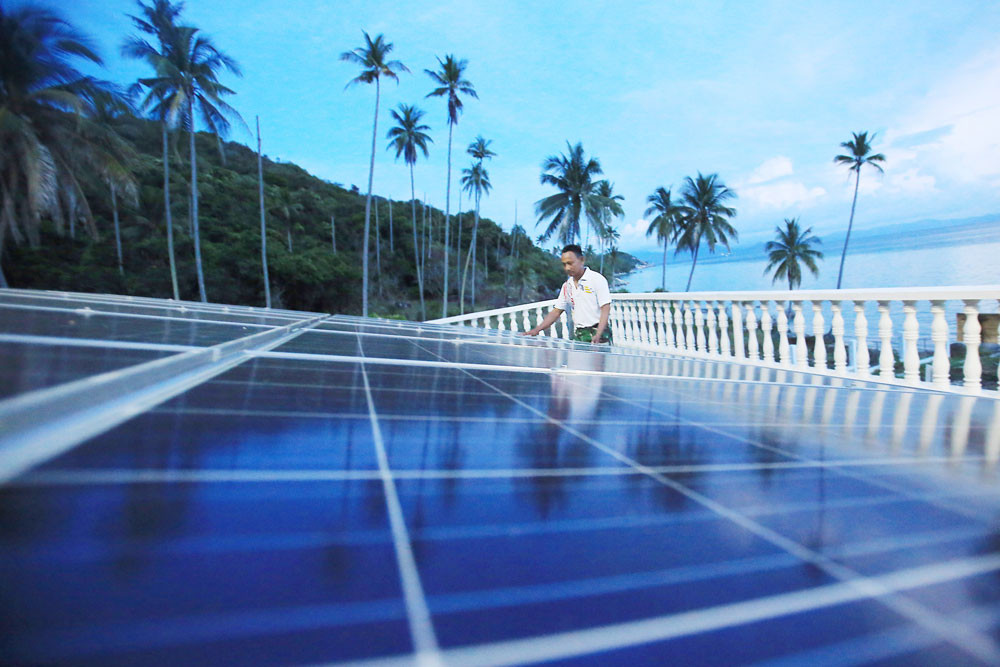SOLAR Para Sa Bayan Corp. (SPSB) said Thursday that has been notified that its franchise has been signed by the President, adding that it is willing to work with parties that had opposed its plan to build power microgrids in unserved and underserved areas through.
In a statement, the company said President Rodrigo R. Duterte signed on July 31 Republic Act No. 11357, An Act Granting Solar Para Sa Bayan Corporation a Franchise to Operate Microgrids in the Remote and Unviable, or Unserved or Underserved Areas in Selected Provinces of the Philippines.
The company, led by Leandro L. Leviste, said it was told by Presidential Adviser on Legislative Affairs Secretary Adelino B. Sitoy about the signing.
“We thank President Duterte for giving new choices for electricity to Filipinos in unserved and underserved areas. This is not for us but the Filipino people, and we owe it to the consumers who fought for this to deliver the service they have long deserved,” it said.
The company said electric utilities and power suppliers had claimed the bill “encroached” upon their service areas, and opposed how the bill allows SPSB to enter selected areas that experience regular brownouts, claiming that brownouts are due to many factors that are beyond their control.
“We also wish to extend an olive branch to those who once opposed this bill, for us to support the [Department of Energy’s] goal of achieving 100% electrification and ending energy poverty in the Philippines by 2022. It is time for us to join forces and work together for the common good,” it added.
SPSB said since 2017, it has brought 24/7 power to 12 towns for the first time, benefiting more than 200,000 Filipinos, in regions including Mimaropa (Occidental Mindoro, Oriental Mindoro, Marinduque, Romblon and Palawan), Cagayan Valley, Bicol, Central Visayas, and Davao, without any government subsidy.
The company said it was following Mr. Duterte’s call for the private sector to take the initiative in ending energy poverty in the Philippines by 2022.
The franchise runs for 25 years and authorizes the company to operate in Aklan, Aurora, Bohol, Cagayan, Camiguin, Capiz, Campostela Valley, Davao Oriental, Guimaras, Isabela, Masbate, Misamis Occidental, Occidental Mindoro, Oriental Mindoro, Palawan, and Tawi-Tawi.
The bill was approved by the House of Representatives and the Senate on June 3, 2019.
According to the SPSBC, the final version of the bill included the following amendments: “Limits the scope to unserved or underserved areas in selected provinces; requires the use of renewable energy; subjects SPSBC to regulation by the DoE and Energy Regulatory Commission (ERC); obligates SPSBC to provide accessible and reliable service, and local employment, with financial penalties for failing to meet these obligations; and explicitly states SPSBC ‘shall not be entitled to any government subsidy.’” — Victor V. Saulon, Arjay L. Balinbin










